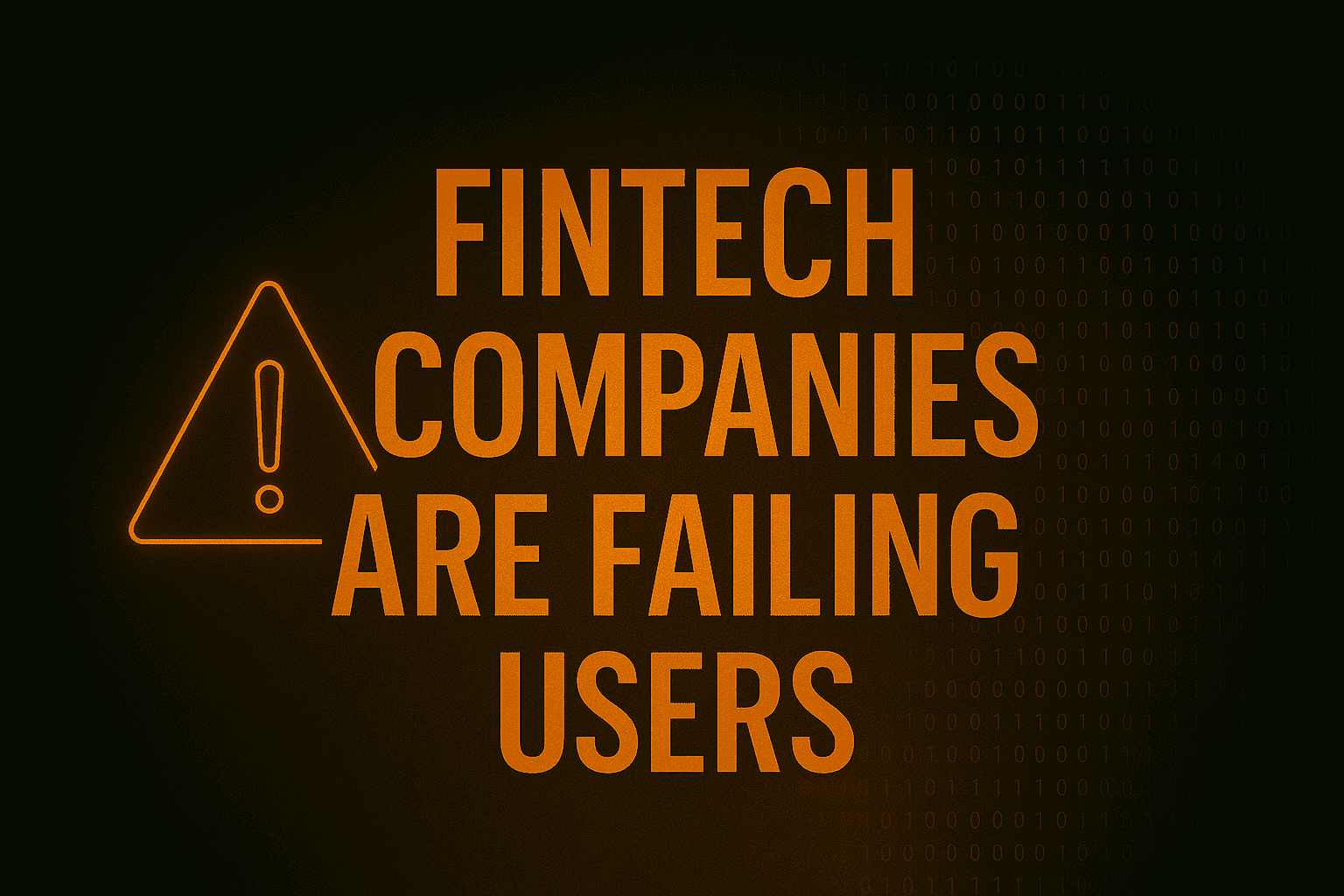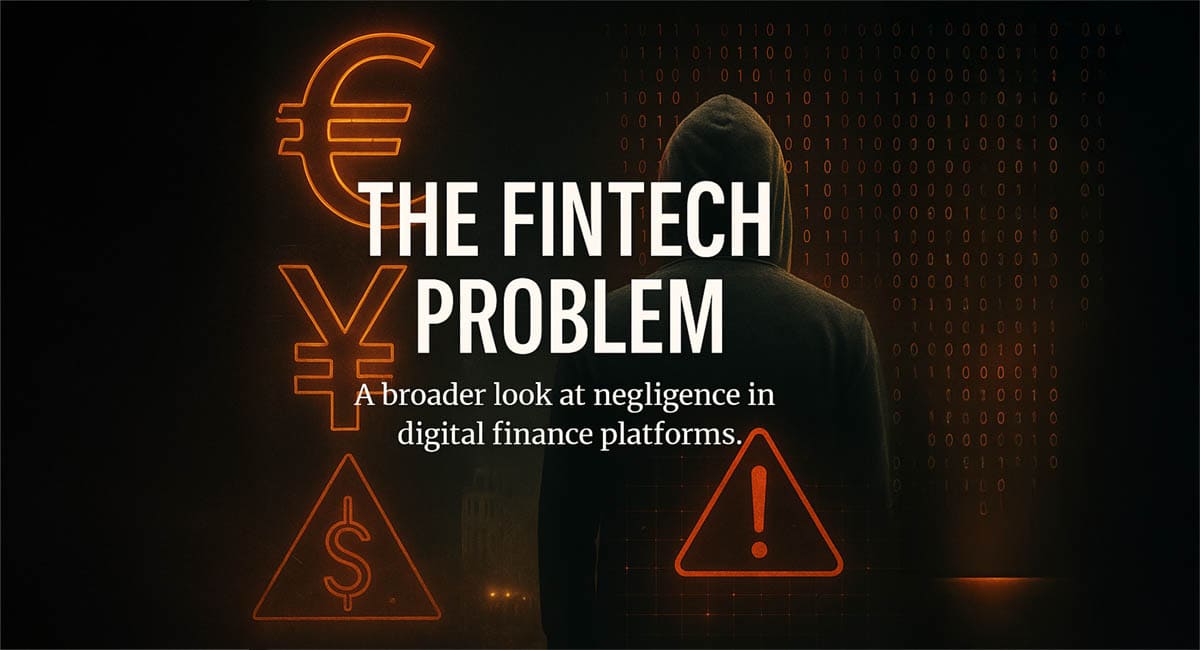Billions move through fintech apps every day — but when something goes wrong, victims are met with bots, dead ends, and silence. These companies move fast, break things, and dodge responsibility. When your life’s savings vanish in seconds, there’s no human safety net. That’s not innovation — that’s negligence.

The Pitch Was Simplicity. The Reality Is Risk.
Fintech companies promised us freedom: low fees, instant transfers, and slick apps to move our money in seconds. And they delivered — at least on the surface.
But beneath the polished interfaces and friendly branding lies a brutal truth: these platforms aren’t built to protect people when it matters most.
Real People, Real Damage
It’s not just my story. Across the world, people are finding themselves locked out, ignored, and left financially stranded after fraud, hacks, and coercion.
A woman in the UK had her Revolut account drained — support took 5 days to respond.
A freelancer in Berlin watched $6,000 vanish through unauthorized Wise transfers — flagged as “normal activity.”
A U.S. teacher using Venmo had her phone cloned and $1,800 stolen. No recovery. No apology.
These aren’t edge cases. They’re symptoms of an industry that outsourced responsibility to automation and called it “efficiency.”

The Security Illusion
Most fintech apps skip basic protections that traditional banks enforce by law:
| Traditional Banks | Fintech Platforms |
|---|---|
| 24/7 Fraud Monitoring | Often no human review |
| Customer Liability Limits | Vague policies, hidden disclaimers |
| Two-Factor Authentication | Frequently bypassed or ineffective |
| Fraud Reversal Windows | No reversal once “confirmed” |
| Dedicated Account Managers | Bots and slow generic support |
While traditional banks have decades of fraud case law and oversight, fintech companies operate in legal grey zones — often spread across multiple countries with no clear regulator.
Who Holds Them Accountable?
That’s the problem. In many cases, no one.
Wise (formerly TransferWise) operates in the UK, but when something goes wrong in Poland, Canada, or anywhere else — who’s in charge? The Financial Conduct Authority? The EU Ombudsman? Local police?
This fragmentation lets platforms hide behind jurisdictional walls, dragging cases out until victims give up.
The Bottom Line
Fintech isn’t the enemy. But unchecked fintech? That’s dangerous.
If these companies want to handle billions of dollars daily, they must be held to the same — or higher — standards as banks.
Because when fraud happens at the speed of code, support needs to happen at the speed of care.
Share Your Story
If you’ve experienced negligence, fraud, or security failures on a fintech platform, [get in touch here]. You’re not alone. And this fight isn’t over.







Add comment